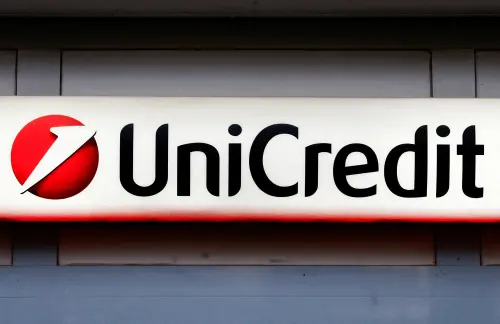UniCredit's annual report revealed that its Russian subsidiary sued its German arm last year in a dispute over guarantee payments in Russia that UniCredit couldn't meet due to sanctions. The case, dating back to 2023, underscores the risks associated with UniCredit's continued presence in Russia, a decision CEO Andrea Orcel defended as he sought a fair price for divestiture amidst the Ukraine conflict.
In a bid to expedite its withdrawal, UniCredit aims to reduce the profit contribution from its Russian operations to nearly zero by 2027. Amidst accusations of exceeding its mandate, UniCredit established its own exit goals.
The legal battle led UniCredit to set aside 554 million euros ($580 million) in provisions for legal risks last year, significantly higher than the 68 million in 2023, with 300 million euros reserved in the fourth quarter alone to address the issue at hand.
The disagreement originated from guarantee commitments made by UniCredit Germany for Linde, a German company working on a gas plant project for RusChemAlliance in St Petersburg, disrupted by sanctions. When UniCredit Germany could not honor the guarantees due to sanctions, a Russian court enforced payment, resulting in AO Bank, UniCredit's Russian subsidiary, covering the costs.
Subsequently, AO Bank sought reimbursement from UniCredit Germany based on counter guarantee agreements, which UniCredit Germany was unable to fulfill due to sanctions, leading to legal action by AO Bank against the German unit.
A Russian court ruled in October that UniCredit Germany must pay the guarantee amounts plus interest, a decision upheld in January 2025 despite UniCredit's appeal. UniCredit Germany retains the right to further appeal upon publication of the full judgment, while the current ruling remains in effect. ($1 = 0.9553 euros)
